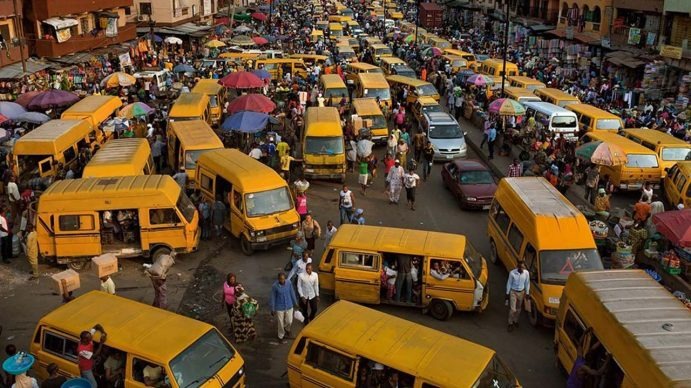The Economist Intelligence Unit’s 2023 Global Liveability revealed this in a report of 173 cities surveyed.
It said it used 30 qualitative and quantitative factors across five broad categories: stability, healthcare, culture and environment, education, and infrastructure in the survey.
Lagos was ranked above Algiers, the capital of Algeria; Tripoli, Libya’s capital; and Damascus, the capital of war-torn Syria.
The report said Lagos moved up the ranks after seeing improvements in healthcare and education but added that corruption is still a problem.
The EIU said in last year, Lagos was the second worst liveable city after holding the position for two consecutive years and was only behind Damascus which has been held down on the list by social unrest, terrorism, and conflict.
“Even at the bottom of our rankings, cities such as Lagos (Nigeria) and Algiers (Algeria) have gained ground, with some improvements in their healthcare and education systems. Both are in countries that are energy exporters and have to some extent benefited from higher global oil and gas prices,” the report reads.
“Although corruption continues to be an issue, some additional public funding has been made available for infrastructure and public services, which have also benefited from the decline in covid cases.”
Vienna, the Austrian capital, and Copenhagen, the capital of Denmark, have maintained their positions as the first and second most liveable cities in the world due to their “unsurpassed combination of stability, good infrastructure, strong education, and healthcare services, and plenty of culture and entertainment”.
Melbourne and Sydney, cities in Australia, and Vancouver in Canada came in at third, fourth, and fifth places respectively on top of the ranks.









